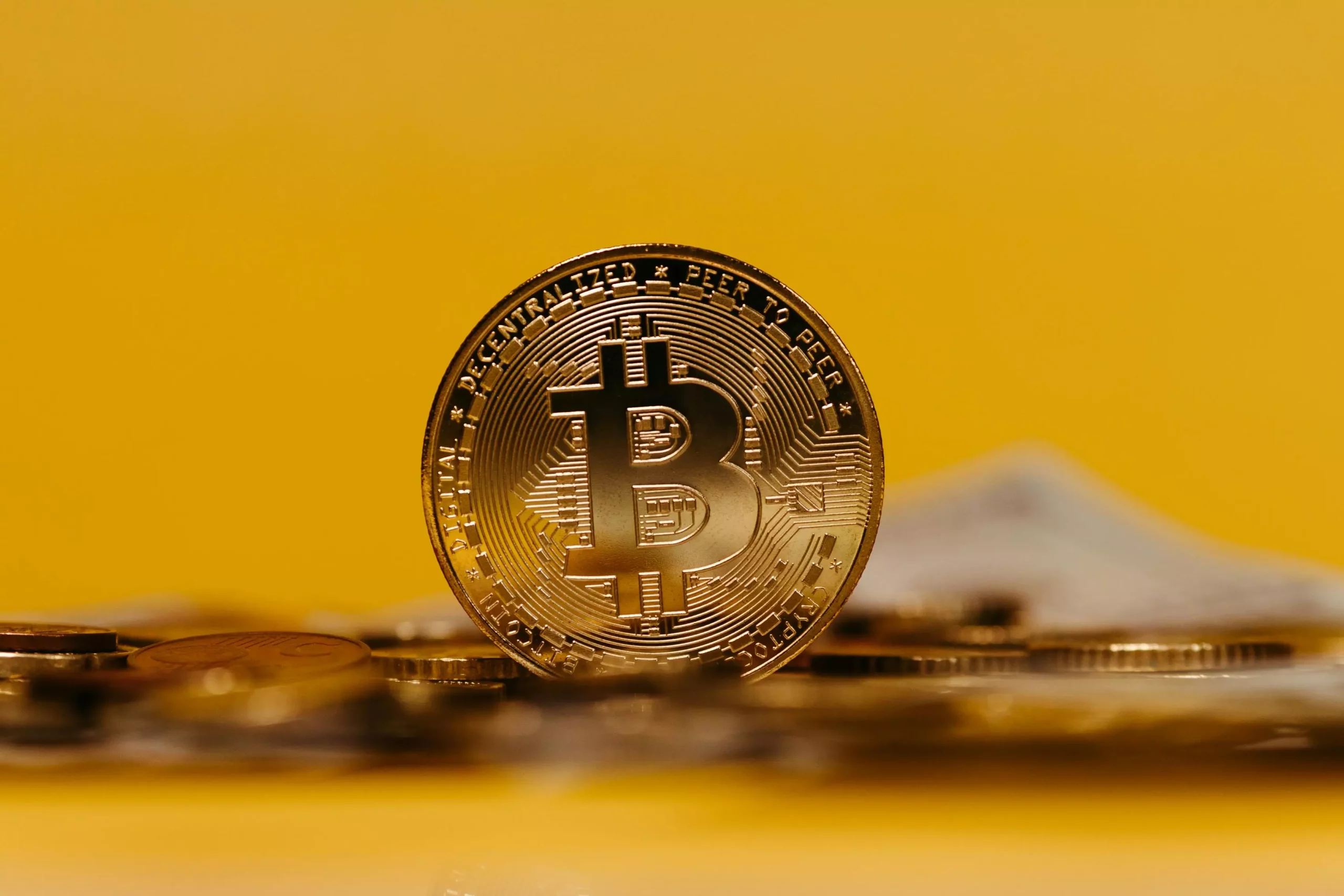The idea of establishing a US Bitcoin Strategic Reserve has garnered significant attention since President-elect Donald Trump proposed the concept. Advocates believe that such a reserve could position the United States as a frontrunner in the ever-evolving landscape of cryptocurrencies. However, this notion is met with skepticism, particularly from leaders within the cryptocurrency industry, such as Ki Young Ju, the CEO of CryptoQuant. Ju’s critical perspective highlights the complex interplay between the US economy, the dollar’s status, and the viability of a national cryptocurrency reserve.
Proponents of the Bitcoin Strategic Reserve argue that establishing a stockpile of cryptocurrency could enhance the US’s role in the global financial system. They assert that, given the dynamic growth of the digital currency market, such a strategic move would not only underscore America’s global financial dominance but also offer a hedge against economic instability. In an age where digital currencies are rapidly gaining popularity, the notion of a reserve speaks to the potential to legitimize cryptocurrencies further and integrate them into mainstream monetary policy.
However, this aspirational vision collides with the realities of current economic conditions and public sentiment. The largely unregulated nature of cryptocurrencies introduces many challenges that any government-backed initiative would have to address. As such, the optimistic outlook for a Bitcoin reserve must grapple with considerable skepticism about its implementation.
Ki Young Ju’s doubts about the Bitcoin Strategic Reserve underscore a fundamental issue: will the United States truly embrace cryptocurrency, given the dollar’s entrenched role as the world’s reserve currency? Ju highlights that, historically, when the US economy sensed threats to its dominance, such as during times of geopolitical tensions or economic downturns, investors have gravitated towards traditional safe havens like gold rather than emerging technologies like Bitcoin.
Moreover, Ju’s observation on the current market sentiment posits that there is no pressing perceived threat to the dollar’s supremacy. Without genuine pressure on the US dollar, the need for a Bitcoin reserve diminishes. His analysis suggests that investor confidence in the American economy remains strong, further alienating the idea of a strategic reserve becoming a reality.
The political landscape could also significantly influence President Trump’s ultimate stance on cryptocurrencies, including Bitcoin. If he successfully boosts the US economy and fosters confidence in the dollar, it raises questions about whether he would continue to advocate for Bitcoin as a strategic reserve.
Ju posits that Trump may take a step back from his previously vocal support for Bitcoin, especially if it appears counterproductive in light of his broader economic strategies. The shifting political tides and public priorities often dictate policy directions, prompting leaders to adapt to what resonates most with their constituencies.
Trump’s ability to balance cryptocurrency advocacy with the economic realities of his administration may dictate his future discourse on digital currencies. For instance, as his administration may prioritize economic growth over revolutionary monetary shifts, Bitcoin could easily fall by the wayside, viewed as secondary to the tangible concerns of traditional investors.
The future of a US Bitcoin Strategic Reserve remains uncertain, as highlighted by the insights from Ki Young Ju and the broader cryptocurrency community. While the allure of establishing a digital currency reserve captures the imagination, economic fundamentals and political realities may act as significant barriers.
Until a clear threat to the supremacy of the US dollar emerges, skepticism surrounding the Bitcoin reserve will likely thrive. The dynamic nature of both the economic landscape and cryptocurrency markets means that the conversation around a strategic reserve may evolve over time. For now, it serves as a reminder of the ongoing dialogue between traditional finance and the rapidly expanding world of digital currencies. The road to a crypto-integrated monetary system will require careful navigation through financial, political, and societal implications.
















Leave a Reply